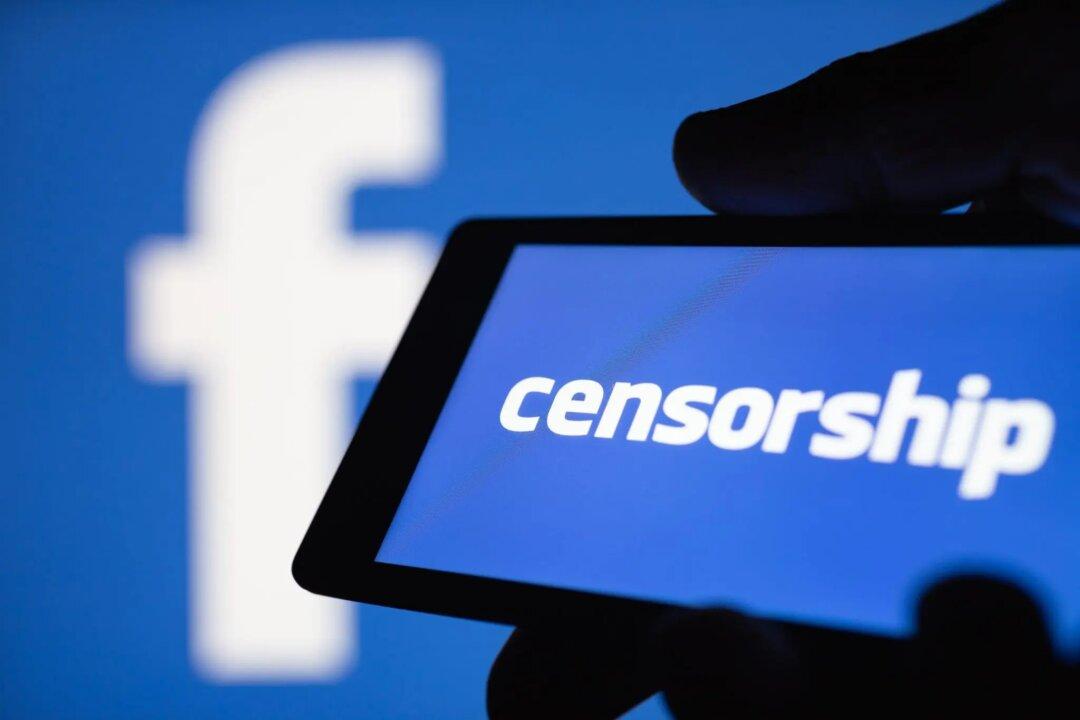Commentary
We are watching the unfolding of despotism in real time. It is giving all of us a lesson in how it works. They locked us in our homes, closed our businesses, told us we can’t go to church or to restaurants, and restricted our travel, but then a problem began. Many people started objecting, and they asked questions.





